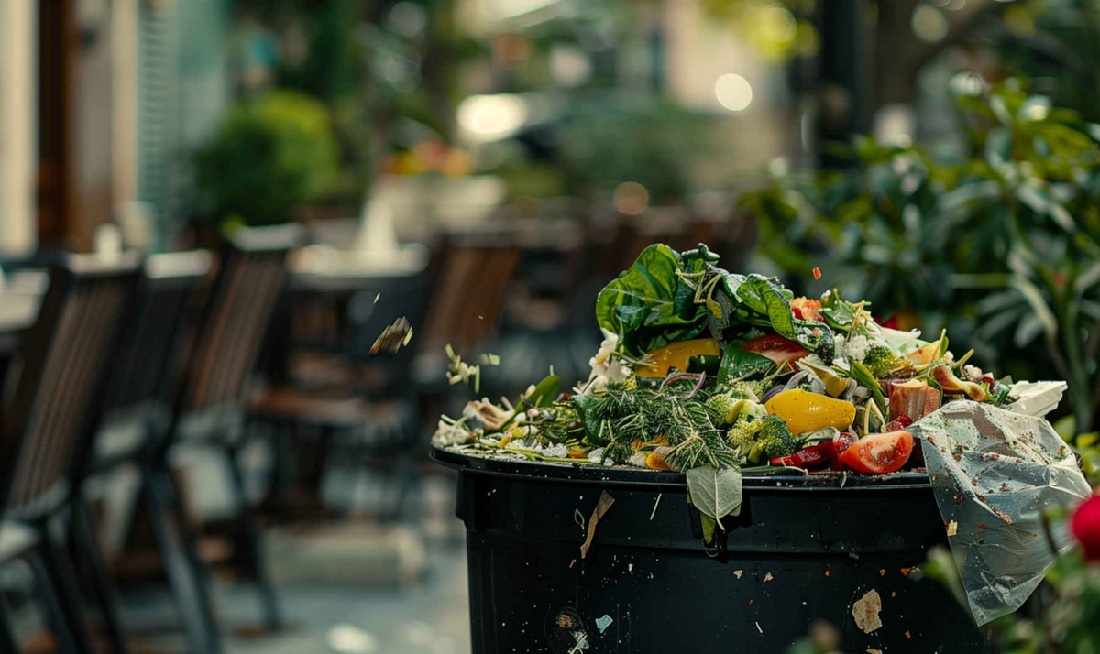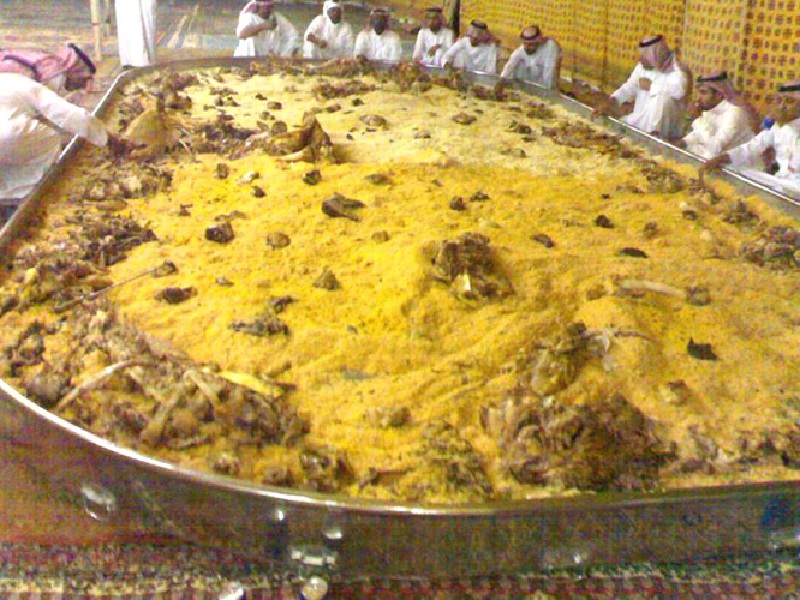A Saudi authority has reported that annual loss and food waste in Saudi Arabia surpasses $10 billion, while as poverty and hunger persist in parts of the kingdom.
The Saudi Grains Organization (SAGO) stated that food waste in Saudi Arabia exceeds 40 billion riyals ($10.6 billion) annually, food waste rates in Saudi Arabia reach 33.1%. Saudi Arabia claims to have launched several initiatives to preserve natural resources, including a National Program for Reducing Food Loss and Waste.
The government body announced in a statement that it has initiated a large-scale awareness campaign to promote proper consumption habits and encourage solutions for reducing food waste. But the problem might be even worse than official numbers suggest.
$10 Billion in Annual Waste—A Global Leader in Food Disposal
A staggering 1.3 billion tons of food is wasted globally each year, and food waste in Saudi Arabia accounts for nearly half of this wastage, according to the United Nations Food Waste Program. The Saudi government confirms the country’s annual food waste rate exceeds 33% of total consumption. Among the most wasted items are vegetables (335,000 tons), wheat and bread (970,000 tons), along with huge losses in fruits, meat, and poultry.
With a population of 32.2 million, each Saudi wastes 184 kg of food per year, costing the country $10 billion annually in avoidable losses.
Qatar: Israel Failed to Keep Gaza Ceasefire Agreement
$13.3 Billion Wasted—More Than Some Nations’ GDP
According to Middle East Monitor, annual food waste in Saudi Arabia reaches $13.3 billion – exceeding the combined GDP of Somalia, Djibouti and Mauritania. Per capita food waste stands at about 250 kg annually.
Zaid Al-Shabanat, director of Saudi Arabia’s National Program for Reducing Food Loss and Waste, recently confirmed that annual food waste exceeds 40 billion riyals based on yearly studies. A 2019 Economist report ranking food waste in 25 countries (representing 87% of global GDP) identified Saudi Arabia as the world’s worst offender in food waste.
Why Is Food Waste in Saudi Arabia So High?
The shocking scale of food waste in Saudi Arabia boils down to three big reasons: tradition, convenience, and lack of systems.
First, Saudi culture values extreme hospitality – it’s normal to cook mountains of food for guests to show generosity, even if most gets thrown out. Second, modern life makes waste easy: cheap groceries, giant restaurant portions, and no real guilt about tossing leftovers. Third, there aren’t enough practical solutions – few food banks, no composting, and little education about the issue.
The saddest part? While perfectly good food gets trashed, many families struggle to afford meals. It’s not that people don’t care – the system just makes waste the default option.
A Paradox of Waste and Poverty
While food piles up in trash bins, millions of Saudis struggle with poverty. Unofficial reports suggest:
- 25% of Saudis live below the poverty line
- Unemployment exceeds 13%
- Marginalized communities face severe food shortages
The Quincy Institute reported rapidly increasing poverty among Saudi citizens, which officials allegedly conceal behind displays of royal wealth. The World Bank ranks Saudi Arabia among the worst in addressing poverty, despite its $500 billion in foreign reserves – the Arab world’s highest.
As the largest oil exporter, Saudi Arabia simultaneously suffers high poverty rates. Unofficial estimates suggest 25% of Saudis live below the poverty line, with unemployment exceeding 13%. Millions in marginalized areas lack basic necessities.
Lebanese Chef Calls for Action
Lebanese chef and UN Environment Program Advocate Leyla FathAllah has called for urgent action, urging people to buy and cook only what’s needed and donate surplus food to those in need.
She also suggested refrigeration of some foods for later use to avoid food waste.
Saudi Policies Deepen Hunger—In Yemen and at Home
Simultaneously, Saudi policies have exacerbated hunger in Yemen, where over half the population faces food insecurity due to Saudi-led actions.
Critics argue that while Saudi Arabia wastes billions on discarded food, its policies have worsened hunger abroad. The Yemen war, fueled by Saudi-led interventions, has left half of Yemen’s population on the brink of famine.
At home, despite oil wealth and luxury, food waste in Saudi Arabia remains unchecked—a sign of inequality the Kingdom has yet to solve.





